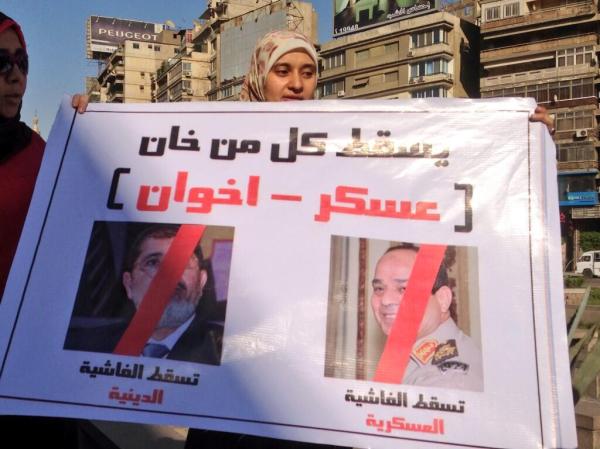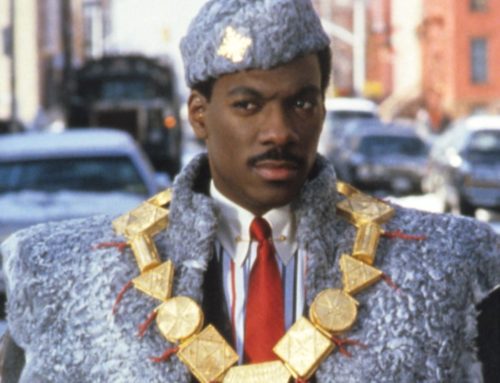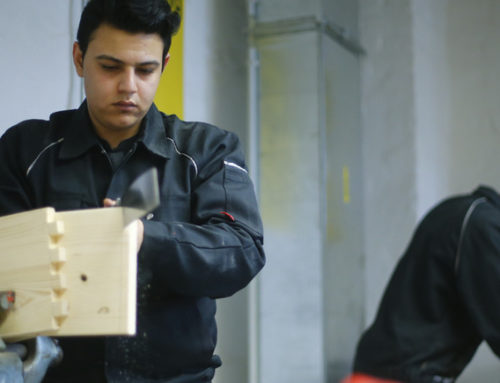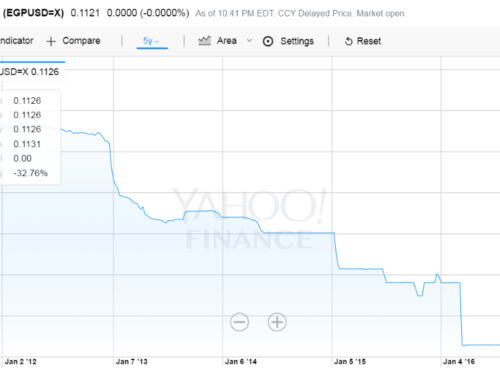Finding spaces for sanity and reason amidst Egypt’s extreme polarization can be a difficult task when political factions seem intent on walking the road to extremism. Luckily for the rest of us, a small minority seems to be holding the middle ground.
The Egyptian minister of defense, General Abdel Fattah al-Sisi, called for people to take the streets last Friday, to give him and the army a “mandate” to “combat terrorism” — code for “inflict as much physical damage on the Muslim Brotherhood as you possibly can.” The masses — in the absence of any real estimates we’ve been told millions, 30 million even — seemed to heed his call; hours later violence exploded, leaving over 50 people dead overnight.
These days, with army worship at an all time high, far too many have chosen to ignore the blood on the street or the shrouded dead bodies. Some journalists who have tried to document police violence have found themselves arrested and even physically attacked. Posters of General Sisi depict him standing strong amongst lions, eagles, and any other predators you could possibly think of. If you only heard the pro-army protesters confessing their love for Sisi and how he somehow redeemed Egypt’s dignity, you’d be likely to mistake him for a modern day Nasser: just add some black shades and subtract the charisma and the military pedigree. (Let’s not discuss this right now.)
The media, naturally, is only too happy to wax poetic about the country’s new strongman. State and private television channels display a “no to terrorism” (again, a euphemism for “yes to army action”) logo on the corner of their screen, and are playing a steady diet of nationalistic songs and talk shows praising the army. The written press isn’t immune either — in a fawning op-ed in Al-Masry Al-Youm, once the lead opposition newspaper in Egypt, an enamored columnist offers herself to Sisi, stating that “we [women] wouldn’t be too good for him” if he asked that much.
The army obsession isn’t even the most alarming element. What is more worrisome is how many army fans are transmuting their political allegiance into hatred toward their political opponents. The amount of gloating regarding the deaths of Muslim Brotherhood (MB) protesters is frightening. Normally reasonable people have been displaying inexplicable amounts of indifference if not schadenfreude regarding MB victims of police brutality.
But it’s not like the other side is much better. Elements within the Muslim Brotherhood have beendetaining suspected opponents, clashing with residents, barricading roads, and other such delightful afternoon activities. Amnesty International has found evidence of torture carried out by some supporters of former President Mohamed Morsy. The media cherry on top was a procession, in the MB tent-city in Raba’a al-Adaweya square, of children dressed in shrouds — a symbol of their “willingness” to give their lives for the cause. When one of the children, who carried a banner saying “My dear father the martyr, I shall not stray from the path” was asked about it, he said that his father was alive and that he didn’t know what was written on the banner; he was, good child, simply doing as he was told. There are reports that (more mature) MB supporters are told tales by preachers of sightings of the archangel Gabriel in the midst of sit-ins, and dreams of the Prophet Muhammad yielding to Morsy in prayer.
Despite all this, there are, however, isles of sanity in this sea of extremely polarized madness, be it of the religious or the military kind.
“The Third Square” is a small-but-growing movement from within the opposition to Morsy that found itself unable to cheer along when fickle Tahrir revolutionaries started idolizing the man with the tank. It rejects both the rule of the army and the Muslim Brotherhood, condemns justice against civilians, and demands a civil state — making it de facto the closest thing to the spirit of the January 25th revolution that brought down former despot Hosni Mubarak. It is a pity this movement finds itself quite removed from the symbolic grounds of Tahrir, and relegated to the bland Sphinx Square (no actual Sphinx there) in Giza. Nevertheless, the movement is gaining ground, tapping into loose networks of long-standing independent activists, many of whom were key participants in the first wave of the 2011 revolution.
Other activist organizations have been joining the independents at the Third Square: the Revolutionary Socialists, the 6th of April group, and political parties such as the Islamist-leaning Egyptian Current. Even the Islamist “Strong Egypt” party is taking part, much to the great discomfort of many activists. Nevertheless, the Third Square protests are growing in frequency and attendance.
On the other side, a group known as “Brothers Without Violence,” a marginal but notable movement within the Muslim Brotherhood, seems to be willing to break with the MB’s policy of ruling by diktat.
Denouncing what it claims to be the official position of the Muslim Brotherhood of escalating violence and besieging public facilities, the Brothers Without Violence has maintained a position of peaceful activism and calls upon MB members to evacuate their sit-ins, claiming that the MB’s actions could lead the group down “a dark tunnel.”
The extent of the support that the Brothers Without Violence command within Muslim Brotherhood membership is unclear but likely very limited. At the same time, the Third Square movement will likely find it difficult to significantly grow in the light of the dominance of the clearly army-sympathetic narrative in the media.
Nevertheless, it would appear that pro-army groups and their backers are getting alarmed that their narrative is being challenged. Tamarod, the movement that spearheaded the signature drive that led to the June 30th protests before snugly finding their seat on the army’s lap, issued harsh comments against the Third Square movement — a sign that the military establishment is taking notice — and accusing it of “attempting to divide Egypt and its revolutionary forces”.
In the short term it is unlikely that either group will be able to halt the descent to madness Egypt is currently embarked on. Nevertheless, if we believe in the higher ideals that backed the 2011 revolution, then supporting these “third way” movements becomes a moral imperative. Not only to encourage greater numbers of participants to the protests, but to remind the public that at least a core group of Egyptians have not turned their back on their revolution.
Originally published at Foreign Policy: Transitions.
photo: Ben Wedeman, CNN.




